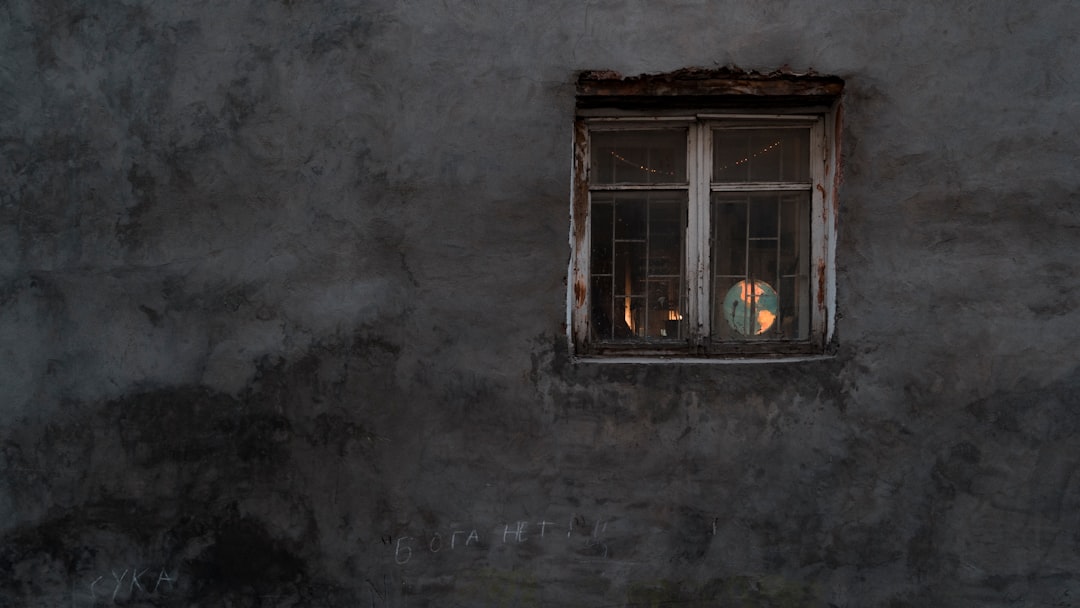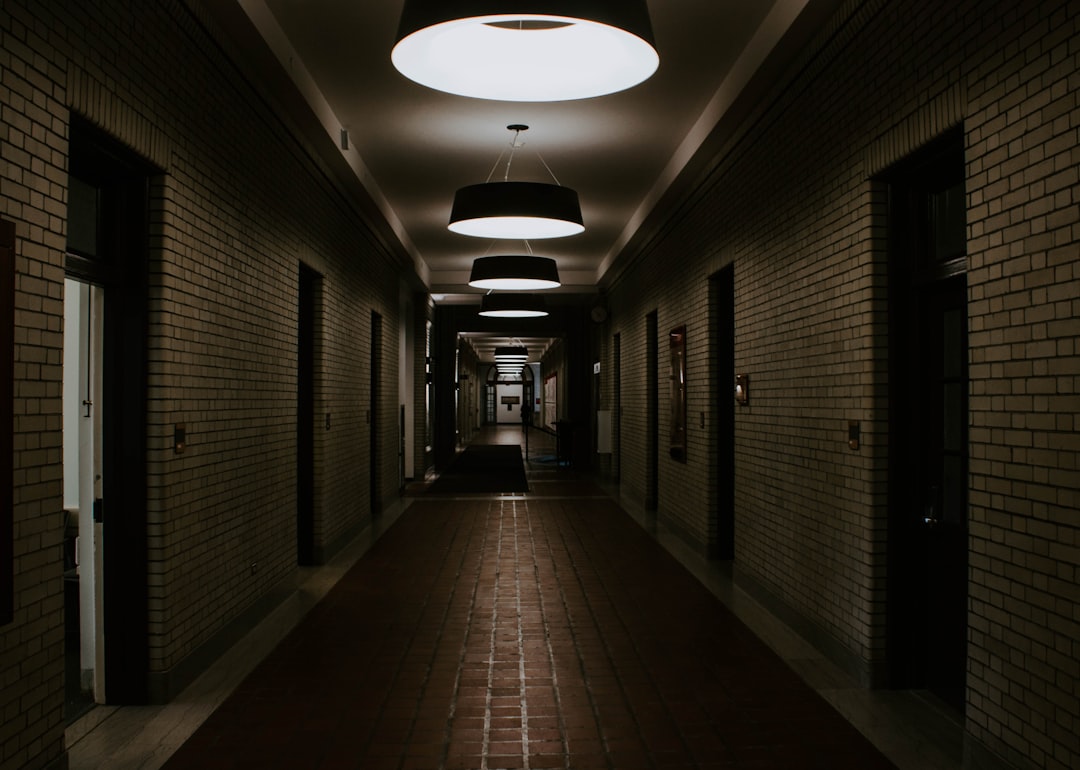In the realm of modern horror-thrillers, Don’t Breathe quickly became a standout due to its inversion of typical home invasion tropes and relentless suspense. Released in 2016 and directed by Fede Álvarez, the film pits three young burglars against a seemingly helpless blind man—who turns out to be far more dangerous than anyone could anticipate. As the survival game intensifies, so too does the complexity of its narrative, leading to a climactic ending that left many viewers with questions. Here’s a thorough breakdown and explanation of the ending to Don’t Breathe.
TLDR (Too Long; Didn’t Read)
In the final act of Don’t Breathe, Rocky manages to escape from the Blind Man’s house after a night of terror that exposes disturbing secrets. Despite his sensory limitations, the Blind Man proves to be a formidable opponent armed with a twisted code of morality. The movie closes with Rocky seemingly getting away safely, though the Blind Man survives too—setting the stage for possible future confrontations. The ambiguous ending forces viewers to question whether justice was truly served and what survival really costs.
The Setup: Unlikely Victims, the Perfect Mark
The film begins with three Detroit teens—Rocky, Alex, and Money—who make their living by robbing homes that Alex’s father secures through a home security company. Their target seems promising: a reclusive blind veteran living in an abandoned neighborhood, whose daughter was killed in an accident and who reportedly has a stash of settlement money in his house.
Despite moral objections and some initial hesitation, the group breaks into the Blind Man’s home at night. What they don’t anticipate is how deadly he is. Trained in military combat, the Blind Man quickly turns the tables, especially after killing Money and incapacitating Alex.
Uncovering the Horror Within
As Rocky and Alex search for an escape route, they uncover an even more disturbing element: a concealed basement room where the Blind Man is holding a woman captive. This woman is revealed to be Cindy, the girl responsible for killing his daughter, whom the Blind Man has imprisoned in a twisted attempt to replace the child he lost.
He reveals his plan to forcibly impregnate Cindy using artificial means—highlighting the perverse lengths he’ll go to justify his version of justice. Just when Rocky and Alex begin to help Cindy escape, the Blind Man accidentally shoots and kills her in the dark.

The Final Confrontation
This loss intensifies the Blind Man’s rage, shifting the scenario from captivity to a chase. Alex is ultimately killed by the Blind Man after a misunderstood altercation. This sets the stage for Rocky’s one-on-one encounter with her terrorizer.
Rocky manages to outsmart the Blind Man by setting off an alarm system, exploiting his sensory overload. She escapes the house with his stolen money, breaking free into the daylight, symbolizing a sliver of hope after a night full of darkness.
What the Ending Means
While Rocky escapes and reunites with her younger sister, the Blind Man is shown surviving his ordeal and telling the authorities that nothing was stolen and that he had defended himself against home invaders. He doesn’t mention Cindy or the crimes he committed, effectively escaping legal consequences.
This closing moment leaves audiences with several key thematic questions:
- Who is truly justified? Rocky’s criminal background contrasts with her desire for a better life for her sister. Meanwhile, the Blind Man believes his actions, no matter how grotesque, were justified by his loss and trauma.
- What is justice? The ending muddles the traditional “good vs. evil” narrative. Everyone involved has done something morally questionable, and the conclusion doesn’t fully side with any one character.
- Survival vs. consequences: Rocky survives, but not without taking extreme risks and a deep psychological toll. The Blind Man survives too, free to possibly commit further horrors—or simply live in the shadows.

Symbolism and Themes
The ending of Don’t Breathe does more than just wrap up an intense plot—it cements the film’s core motifs:
Blindness: Both Literal and Metaphoric
While the Blind Man cannot see, he perceives moral and physical threats in a terrifyingly sharp way. In contrast, the teens are ‘blind’ to the consequences of their actions—until it’s too late.
Power Dynamics
The tables continuously turn throughout the film, highlighting that physical limitations don’t translate to weakness. Rocky’s final escape shows intelligence and resilience, not brute force.
The Morality of Survival
Rocky’s ultimate goal is to escape poverty and protect her sister. Her actions are illegal, but her motives humanize her. The Blind Man, alternatively, treats his actions as justified—a stark example of moral ambiguity at its most chilling.
The Sequel and Its Impact
The success of Don’t Breathe led to a sequel in 2021, which shifts focus slightly to explore more of the Blind Man’s backstory and complex morality. However, many fans argue that the first film’s ending remains the true psychological linchpin.
Unlike traditional horror franchises where evil is vanquished or unambiguously triumphant, Don’t Breathe walks a morally grey line. The ending raises questions and avoids easy answers—making the film linger in the mind long after the credits roll.
Final Thoughts
The ending of Don’t Breathe is a masterclass in tension and ambiguity. It challenges viewers to examine how far is too far when seeking revenge, justice, or just trying to survive. It’s not merely a horror movie with jump scares, but a psychological narrative that leaves its audience disturbed, reflective, and eager to debate the definition of right and wrong.
FAQs
Q: Why didn’t the Blind Man go to jail at the end?
A: He told the police only about the break-in, leaving out crucial details like Cindy’s captivity. Because there was no evidence and he defended his home, authorities had no grounds to arrest him.
Q: Is Rocky considered the ‘hero’ of the movie?
A: Rocky functions more as an anti-hero. While she commits crimes, her motivations—escaping an abusive home and protecting her sister—are more sympathetic. The film blurs hero-villain lines deliberately.
Q: What does the title “Don’t Breathe” signify?
A: The title reflects both the literal silence the characters must maintain to avoid detection and the suffocating suspense of the movie. It also metaphorically implies danger lurking just beneath the surface.
Q: Is there going to be another sequel?
A: As of now, only two films have been released. A third installment is not officially confirmed, though the open-ended nature of the series leaves room for future developments.
Q: Did Rocky really get away free?
A: In a physical sense, yes—she escapes with money and takes her sister to a better life. Emotionally and morally, however, the toll and trauma likely continue well beyond the final scenes.

